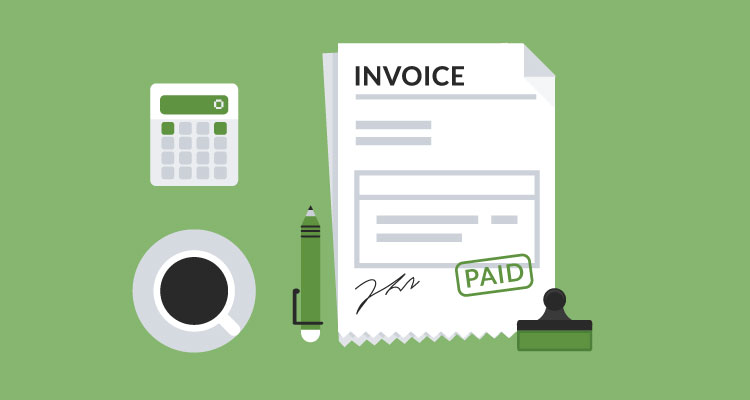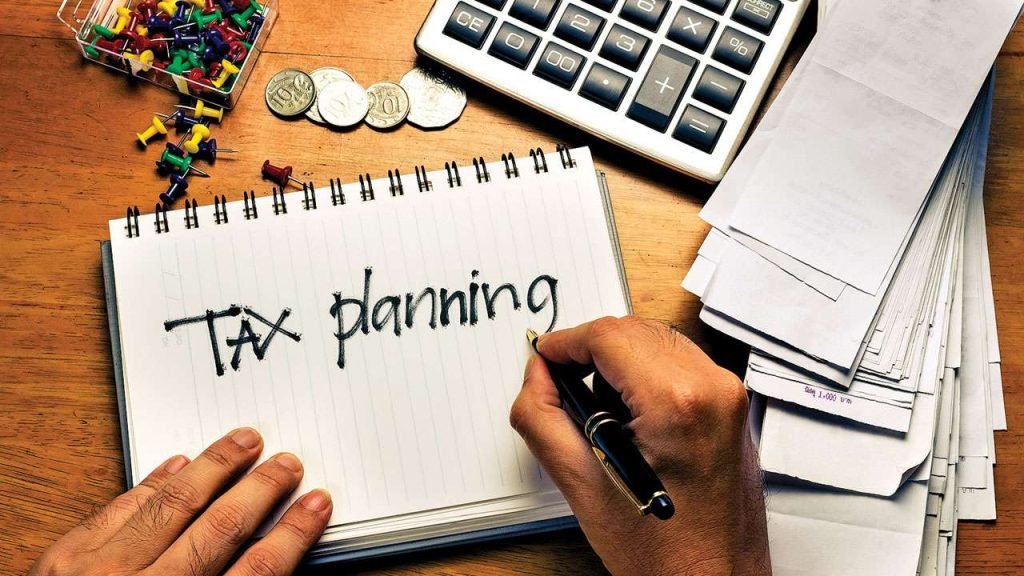- ITC can be claimed of any goods/services which are used or intended to be used for furtherance of business.
- Even if goods/service are purchased is used in business or intended to be used in business but still you have to comply the following conditions to claim ITC:-
- (i) You must have Tax Invoice or debit note. (This Tax Invoice or debit note should be filed by supplier in his GSTR-1).
- (ii) Goods/Service should be received to person.
- (iii) Tax Charged/added into invoices must be paid by supplier to the Government either through Input Tax Credit ( ITC) or through Cash (ensure supplier is genuine person and has filed GSTR-3B and paid the taxes to Government)
- (iv) Person has filed the GSTR-3B.
Along with above condition If you have purchased goods/services and have not made payment to your supplier with-in 180 days from the Invoice date then you have to reverse ITC in GSTR-3B along with Interest liability. And after that whenever you make payment to that supplier, then you are eligible to reclaim ITC again in GSTR-3B.
if any ITC left to claim in GSTR-3B of current financial year then Input Tax Credit (ITC) can be claimed up to 30th November of next year or before filing of GST Annual Return.
Common Input Tax Credit reversal
Note-1: If you have purchased goods which are used for personal and for business purpose then Input tax credit would be allowed only to the ratio of business purpose used.
Note-2: If any goods/services purchased and ITC claimed and this item it is used partly for sale of Taxable items goods supply and partly for exempted supply then ITC amount would be allowed proportionate to the taxable item supply only.
Exempted supply would cover with respect to above:-
- Supply of goods/services where recipient of goods/service will pay the taxes.
- Transaction in Securities
- Sale of Land
- subject to clause (b) of paragraph 5 of Schedule II,
- Sale of building
Blocked Credit( ITC of following goods/services would not be allowed or allowed with restriction):–
Even if items would be used for purpose of business or intended to be used for business still ITC will not be allowed on following goods as per the GST law introduced, so even if these ITC is reflecting in GSTR-2A/2B, you still not be allowed to take these credit:-
- Motor Vehicle for transportation of person whose seating capacity is up-to 13 person.( Like CAR, Bike, Sooty, etc. purchased for business but still ITC would not be allowed)
Note: ITC would be allowed if this Motor Vehicle is
Purchased by motor vehicle dealer or
Used for Transportation of passengers or
Purchased by Motor driving school
Note-1: ITC on vessels or aircraft allowed to only if this is used for making following Taxable supplies
- Purchased by dealer who deals in vessel & aircraft business
- Used for transportation of passengers
- Used for imparting training on navigating such vessels; or
- Used for Imparting training on flying such aircraft;
Used for transportation of goods;
ITC would not be allowed for following services related to motor vehicle
- General Insurance
- Servicing
- Repair & Maintenance
Allowed only if this is used by respective businesses owners as discussed in Note-1 above
Outdoor catering
Beauty Treatment
Health Services
Cosmetic & plastic Surgery
Leasing
Renting and hiring of motor vehicles
Vessels or aircrafts
Life Insurance
Health Insurance
In above cases ITC not allowed to a normal GST registered owner but would be allowed to person who is dealing in business of same nature or category of business.
(i) Membership of a club, Health and fitness centre; and
(ii) Travel benefits extended to employees on vacation such as leave or home travel concession
Note: ITC on above is allowed only these services provided to employee is under obligation of employment.
- works contract services when supplied for construction of an immovable property (other than plant and machinery) except where it is an input service for further supply of works contract service;
- Goods or services or both received by a taxable person for construction of an immovable property (other than plant or machinery) on his own account including when such goods or services or both are used in the course or furtherance of business.
Explanation.- For the purposes of clauses (c) and (d), the expression “construction” includes re-construction, renovation, additions or alterations or repairs, to the extent of capitalization, to the said immovable property;
(e) goods or services or both on which tax has been paid under section 10( composition dealers are not allowed to take ITC);
(f) goods or services or both received by a non-resident taxable person except on goods imported by him;
(fa) goods or services or both received by a taxable person, which are used or intended to be used for activities relating to his obligations under corporate social responsibility referred to in section 135 of the Companies Act, 2013 (18 of 2013);]
(g) goods or services or both used for personal consumption;
(h) goods lost, stolen, destroyed, written off or disposed of by way of gift or free samples; and
(i) any tax paid in accordance with the provisions of sections 74, 129 and 130. (6) The Government may prescribe the manner in which the credit referred to in sub-sections (1) and (2) may be attributed.
Explanation.- For the purposes of this Chapter and Chapter VI, the expression “plant and machinery” means apparatus, equipment, and machinery fixed to earth by foundation or structural support that are used for making outward supply of goods or services or both and includes such foundation and structural supports but excludes-
- land, building or any other civil structures;
- telecommunication towers; and
- pipelines laid outside the factory premises.
This post is for educational purpose and readers should take decision at their own understanding.
Author
CA. Shobhit Kesharwani




